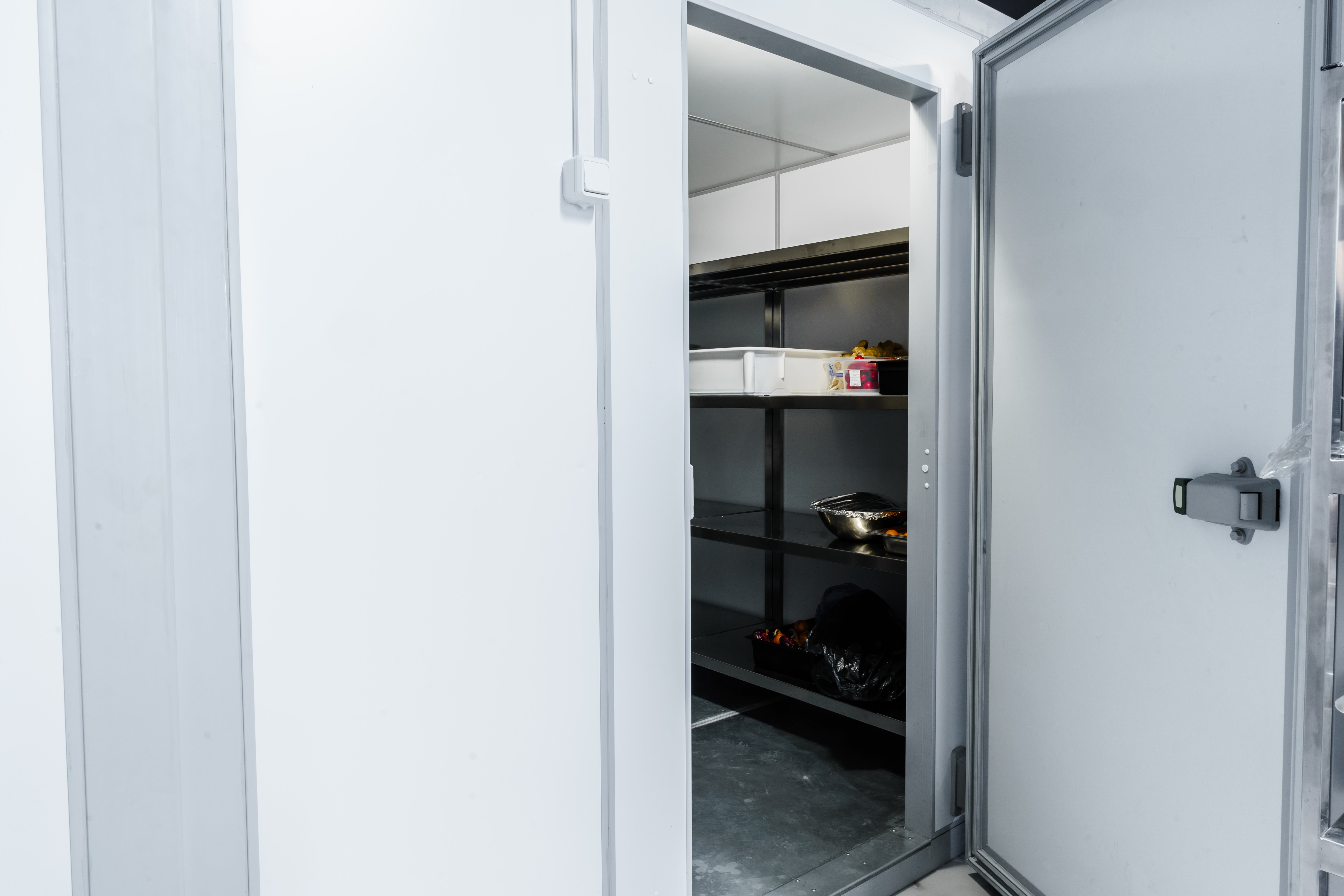Understanding the Impact of HVAC and Refrigeration on the Climate

Picture this:
You return home after spending long hours outdoors in the sweltering heat of NYC in July. You turn your AC on... but instead of cold air embracing you, you still feel the annoying heat overstaying its welcome.
After double and triple-checking, you angrily accept that your AC isn't working. As a desperate last resort, you decide to cool down by your ridge door.
You open your fridge door only to find, to your sweaty dismay... that it's no longer cooling.
Short horror story? Yes. What's worse is that this a real scenario many of us would find ourselves in during those unforgiving summers.
Whether we like it or not, we need fridges and ACs to survive the annual heat waves—which unfortunately are getting hotter and hotter each year.
But what if in some sick irony... the same fridges and AC systems contribute to the overall heating of the climate?
While it hurts to accept—yes, this paradox is true.
Our domestic cooling equipment accounts for nearly 10% of global CO2 emissions—3x the amount generated by aviation and shipping combined. The upward trend in global temperatures made the demand for cooling skyrocket. Air conditioners are now in almost 90% of homes in the US, while most kitchens have refrigerators.
Both use potent chemicals like hydrofluorocarbons (HFCs) to keep their products in ideally cool storage temperatures. These chemicals are then released into the atmosphere, trapping heat like a greenhouse, contributing to global warming—making it more difficult for us all to breathe or even blink, without breaking a sweat.
Read on to learn more about cooling equipment's effect on our climate.
How do refrigerators and HVAC affect the climate?
Whether you're using HVAC, refrigeration, or both—any energy use that goes to cooling temperature also produces greenhouse gases.
The astronomical amount of energy consumption (mainly from fossil fuels) has negatively impacted our environment to a great extent. On top of that, cooling equipment like fridges and ACs use refrigerants—a chemical used to lower temperatures.
Some of these refrigerant are classified as chlorofluorocarbons (CFCs), which can damage the ozone layer. 1 kg (2.20 lbs.) of refrigerant can produce 2 tons of carbon dioxide—the same as running your vehicle for six months straight.
These substances contribute to global warming and ozone depletion by trapping long-wave radiation from Earth’s surface.
Even a few refrigerants already have a significant impact on the climate if they manage to leak out. If 100% of a country's population heavily used refrigeration, that country would be the 5th most significant contributor to greenhouse gas emissions.
A 2020 research report by the United Nations Environment Program found that around 3.6 billion cooling machines are in operation worldwide. If this continues uninterrupted, there will be 70 million tons more CO2 emissions than today due to increased cooling needs by 2050.
Cooling is responsible for about six percent of all global energy use. And as the world gets hotter, that number will only continue to rise.
Using smart temperature monitoring can reduce environmental harm
The sad reality is that our ever-increasing reliance on cooling equipment will only lead to a bleak, and uncomfortably hot, future. Taking small steps to ensure you're reducing refrigerant leaks and carbon emissions can make a positive difference in maintaining a sustainable environment.
Here's how:
- Installing effective IoT systems can significantly reduce the chances of equipment failures
- Early detection is key—an IoT system can detect when your HVAC or cooling system is out of the ideal temperature range, giving you ample time to avoid temperature excursions.
- Using automated temperature monitoring systems, like GlacierGrid°, will give you accurate real-time temperature data.
- Accurately measuring temperature data can help you take proactive measures—preventing total equipment failure and excessive energy use.
If you’re interested in trying GlacierGrid° in your business, click here to purchase GlacierGrid°'s IoT monitoring system today.








